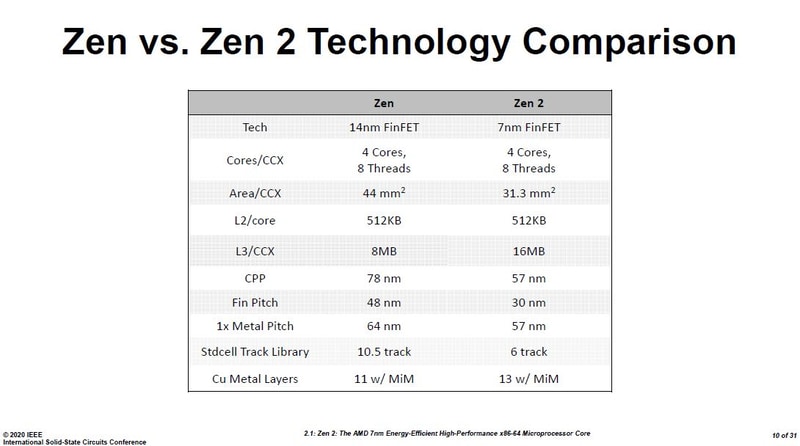- Jun 1, 2017
- 5,248
- 8,463
- 136
Due to popular demand I thought somebody should start a proper thread on this pervasive topic. So why not do it myself? 
For nearly a decade now Apple has treated their line of Mac laptops, AIOs and Pro workstations more of a stepchild. Their iOS line of products have surpassed it in market size and profit. Their dedicated Mac hardware group was dissolved. Hardware and software updates has been lackluster.
But for Intel Apple clearly is still a major customer, still offering custom chips not to be had outside of Apple products. Clearly Intel is eager to at all costs keep Apple as a major showcase customer.
On the high end of performance Apple's few efforts to create technological impressive products using Intel parts increasingly fall flat. The 3rd gen of MacPros going up to 28 cores could have wowed the audience in earlier years, but when launched in 2019 it already faced 32 core Threadripper/Epyc parts, with 64 core updates of them already on the horizon. A similar fate appears to be coming for the laptops as well, with Ryzen Mobile 4000 besting comparable Intel solutions across the board, with run of the mill OEMs bound to surpass Apple products in battery life. A switch to AMD shouldn't even be a big step considering Apple already has a close work relationship with them, sourcing custom GPUs from them like they do with CPUs from Intel.
On the low end Apple is pushing iPadOS into becoming a workable mutitasking system, with decent keyboard and, most recently, mouse support. Considering the much bigger audience familiar with the iOS mobile interface and App Store, it may make sense to eventually offer a laptop form factor using the already tweaked iPadOS.
By the look of all things Apple Mac products are due to continue stagnating. But just like for Intel, the status quo for Mac products feels increasingly untenable.
For nearly a decade now Apple has treated their line of Mac laptops, AIOs and Pro workstations more of a stepchild. Their iOS line of products have surpassed it in market size and profit. Their dedicated Mac hardware group was dissolved. Hardware and software updates has been lackluster.
But for Intel Apple clearly is still a major customer, still offering custom chips not to be had outside of Apple products. Clearly Intel is eager to at all costs keep Apple as a major showcase customer.
On the high end of performance Apple's few efforts to create technological impressive products using Intel parts increasingly fall flat. The 3rd gen of MacPros going up to 28 cores could have wowed the audience in earlier years, but when launched in 2019 it already faced 32 core Threadripper/Epyc parts, with 64 core updates of them already on the horizon. A similar fate appears to be coming for the laptops as well, with Ryzen Mobile 4000 besting comparable Intel solutions across the board, with run of the mill OEMs bound to surpass Apple products in battery life. A switch to AMD shouldn't even be a big step considering Apple already has a close work relationship with them, sourcing custom GPUs from them like they do with CPUs from Intel.
On the low end Apple is pushing iPadOS into becoming a workable mutitasking system, with decent keyboard and, most recently, mouse support. Considering the much bigger audience familiar with the iOS mobile interface and App Store, it may make sense to eventually offer a laptop form factor using the already tweaked iPadOS.
By the look of all things Apple Mac products are due to continue stagnating. But just like for Intel, the status quo for Mac products feels increasingly untenable.




